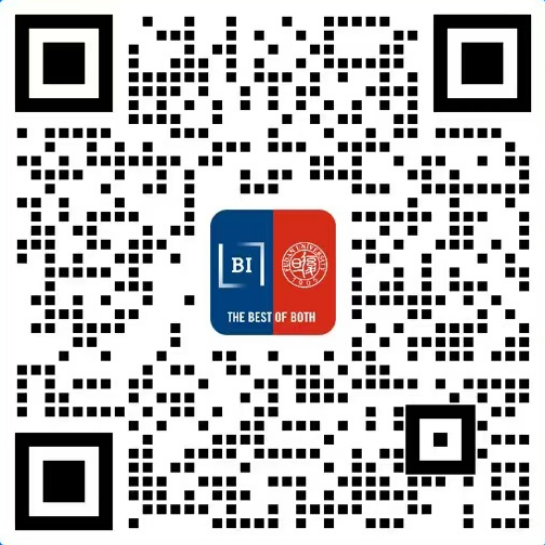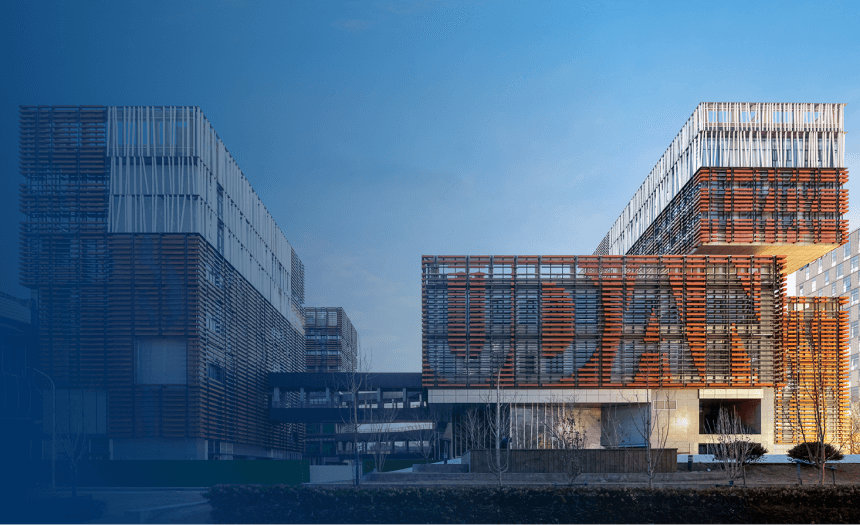Leading and Organizing Digitally (Norway)
Rapid and unpredictable change, emergence of ubiquitous intelligent technology, and the consistent decline of routine work render conventional static organizational designs inadequate and provide a vastly expanded repertoire of available ways to organize work. Participants will learn about the demands and opportunities facing leaders and organizational designers in a digital work environment. These developments will have consequences for internal processes such as the ways we organize and the way leaders understand their roles. Participants will learn about how the traditional role of leadership needs to adapt to the changing nature of work in the digital age, agile ways of organizing, how leadership relates to learning and innovation, and how digital technologies, as a value-creating resource, may affect leadership.
Course Content:
Digital work and leadership: Changing nature of work, automation, experimentation, and introduction to Artificial Intelligence in management
Digital mindsets: Influencing and leveraging individual beliefs about personal and situational resources in the context of technological change.
Hybrid work arrangements
Agile organizing: Agile development methods, organizational design, and change.
Digital augmentation and organizational intelligence: Digital support of human problem solving and decision-making. Bias and algorithmic accountability. Organizing intelligent human and digital actors.
Leading and Organizing Digitally (Norway)
Rapid and unpredictable change, emergence of ubiquitous intelligent technology, and the consistent decline of routine work render conventional static organizational designs inadequate and provide a vastly expanded repertoire of available ways to organize work. Participants will learn about the demands and opportunities facing leaders and organizational designers in a digital work environment. These developments will have consequences for internal processes such as the ways we organize and the way leaders understand their roles. Participants will learn about how the traditional role of leadership needs to adapt to the changing nature of work in the digital age, agile ways of organizing, how leadership relates to learning and innovation, and how digital technologies, as a value-creating resource, may affect leadership.
Course Content:
Digital work and leadership: Changing nature of work, automation, experimentation, and introduction to Artificial Intelligence in management
Digital mindsets: Influencing and leveraging individual beliefs about personal and situational resources in the context of technological change.
Hybrid work arrangements
Agile organizing: Agile development methods, organizational design, and change.
Digital augmentation and organizational intelligence: Digital support of human problem solving and decision-making. Bias and algorithmic accountability. Organizing intelligent human and digital actors.
Rapid and unpredictable change, emergence of ubiquitous intelligent technology, and the consistent decline of routine work render conventional static organizational designs inadequate and provide a vastly expanded repertoire of available ways to organize work. Participants will learn about the demands and opportunities facing leaders and organizational designers in a digital work environment. These developments will have consequences for internal processes such as the ways we organize and the way leaders understand their roles. Participants will learn about how the traditional role of leadership needs to adapt to the changing nature of work in the digital age, agile ways of organizing, how leadership relates to learning and innovation, and how digital technologies, as a value-creating resource, may affect leadership.
Course Content:
Digital work and leadership: Changing nature of work, automation, experimentation, and introduction to Artificial Intelligence in management
Digital mindsets: Influencing and leveraging individual beliefs about personal and situational resources in the context of technological change.
Hybrid work arrangements
Agile organizing: Agile development methods, organizational design, and change.
Digital augmentation and organizational intelligence: Digital support of human problem solving and decision-making. Bias and algorithmic accountability. Organizing intelligent human and digital actors.



